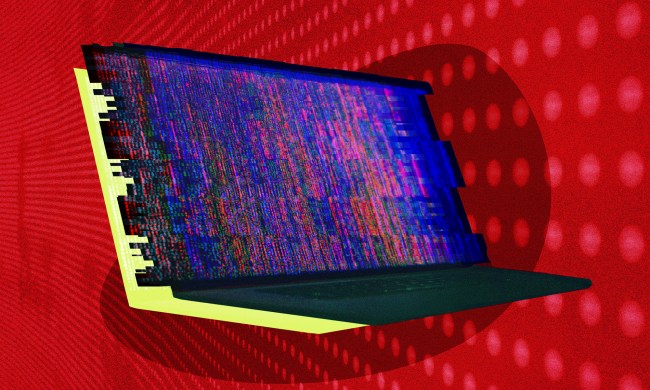
As per a new Reuters reports, FDIC officials believe the hack was sponsored by the Chinese military. The breach resulted in dozens of computers being compromised, including one used by former FDIC Chairwoman Sheila Bair. Given that the FDIC is one of the key federal agencies overseeing commercial banks in the U.S. and as such, guards information on millions of Americans’ deposits, to say that its data is extremely important would be something of an understatement. The Corporation also handles confidential plans regarding how major banks would address bankruptcy.
According to Reuters, the FBI has now been involved in the probe examining the breach, though it is unclear how long the investigation has been ongoing. Also ongoing appear to be cyberattacks upon the regulatory body. In fact, the FDIC has reported no fewer than seven cybersecurity incidents deemed “major” between 2015 and 2016. And as per an annual report from the FDIC, there were 159 incidents of unauthorized computer access during fiscal year 2015.
FDIC spokeswoman Barbara Hagenbaugh noted, “We are continuing to take steps to enhance our cybersecurity program,” and further claimed to be tightening information security standards. For example, the bank regulator no longer allows thumb drives, and is said to be coordinating more closely with the Department of Homeland Security to keep such breaches from happening in the future.
As for China’s response to its alleged involvement in the attacks, Chinese Foreign Ministry spokeswoman Hua Chunying said, “If you have no definitive proof, then it is very hard for you to judge where the attacks really come from.”


